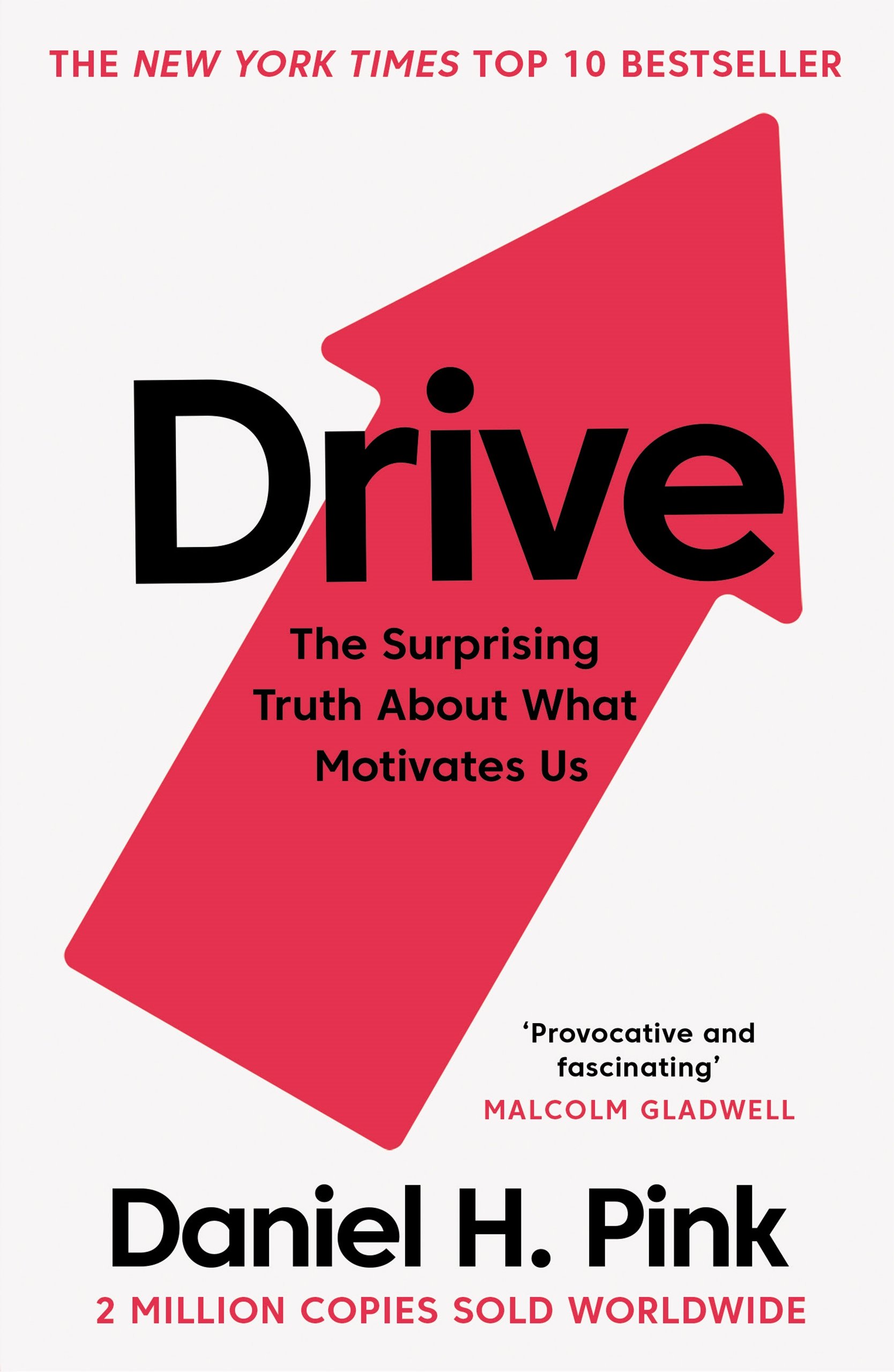Outlines that finances and external awards are not the only ways to to motivate people. Mentions Wikipedia and Firefox as examples of people putting in many hours of unpaid work as examples of people being not motivated by rewards or moeny.
Mentions trials paying volunteers to solve puzzles and a control group of volunteers who are not being paid. If you stop paying the initially paid cohort they make a lack of further progress compared to the unpaid group. Suggests in this case the effect of money has been to diminish their internal[1] motivation drive.
Heuristic work is something that you need to think about rather than algorithmic work which involves doing the same thing again and again. Internal drive is required for heuristic work, external motivations or threats can actually hinder one’s ability to perform heuristic work optimally.
Goals are generally good, although may cause systematic problems for organizations due to narrowed focus. Goals can potentially encourage unethical behaviour, increase risk taking, decrease cooperation and decrease intrinsic motivation.
Therefore the main point: Any extrinsic reward should be unexpected and offered only after the task is complete. Holding out a prize at the beginning of a project and offering it as a contingency will inevitably focus people’s attention on obtaining the reward rather than on attacking the problem.
Mentions about Type A and B personalities. Highly driven people have a higher cardiovascular risk than others. Therefore it is important to try to adopt some time out if working in a busy organisation. If providing rewards to motivate ideally make these quite small with goals that need to be fairly complex. Otherwise people will just do the minimum to obtain the reward.
Interestingly mentions that lawyers are the only professionals with minimal autonomy and high pressure deadlines who play a zero sum game. In these circumstances the characteristics of happiness and co-operation are not particularly desired. In virtually any other field being happy and co-operative are key ways to achieve greater success.
Motivation



